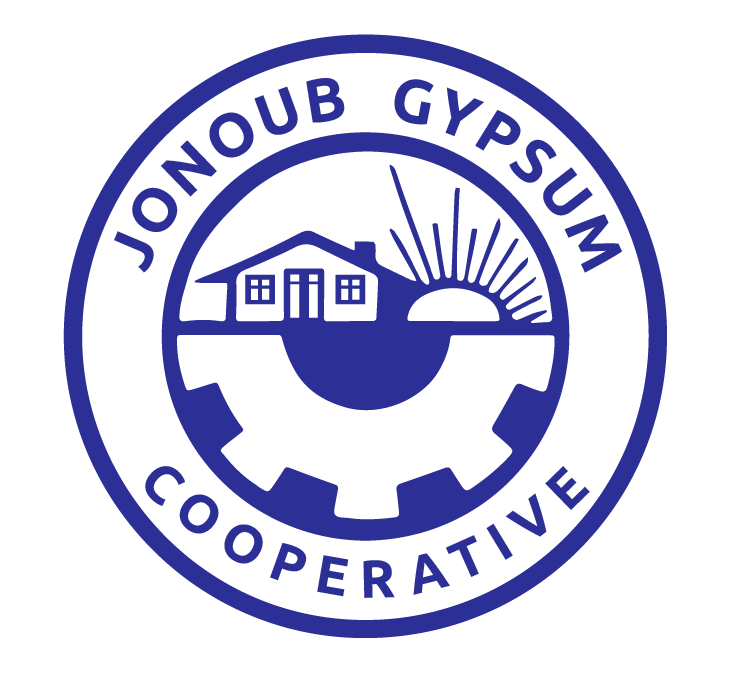
what is gypsum based adhesive?
Gypsum based adhesive is made of heated calcium sulfate dehydrate. It consists of calcium sulfate in different hydration phases; e. g. calcium sulfate hemihydrate and anhydrous calcium sulfate or anhydride. When mixed with water, gypsum based adhesive bonds solid particles (in form of a compact mass) through the setting process. Gypsum is an important material in construction industry. Gypsum has been used historically in construction industry due to its specifications.
It has played an important role in majority of the historical buildings. Especially those built is Safavid era in Isfahan, where delicate stucco works have remained from those days. Gypsum is used from the beginning of a construction work. Which is marking the land plot boundaries, to the end of it, which is plastering and stone tiling. Gypsum is used even for painting the buildings. The most important applications of gypsum are as follows
Construction: rendering. plastering. finishing. polishing. stucco. gypsum mortars. brick. gypsum and sand mix. thermal and acoustic insulation. prefabricated ceiling. floor. and wall boards. and sculpture.
Cement Industry: increasing the setting time (retarder), the sooner the cement set, the more customer friendly it would be.
Molding in Ceramic and Chinaware Industry: molds for making ceramic and chinaware.
Glass Industry: regulating the melt viscosity (solved and unsolved oxygen content).
Casting Industry: refractory gypsum.
Agriculture: preparing chemical fertilizers, soil aeration, and preparing chemical pesticides.
Changes that gypsum makes in agriculture are as follows
- Improving soil structure and softening clay soils
- Provision of calcium needed by the plants
- Neutralizing sodium content of alkali soils
- Treating muddy waters
- Activating microscopic organisms
- Provision of sulfur needed by the plants
Medicine: conforming stretch gauze, preparing tablets, preparing insecticides, growing yeasts, food and pharmaceutical products.
Paper Industry: paper transparency.
Petrochemical Industries: dehydrator.
Leather Industry: removing epidermis materials from the skin, preparing sodium sulfate, preparing sulfuric acid and calcium oxide.
Filler: desulfurization of excess gasses.







